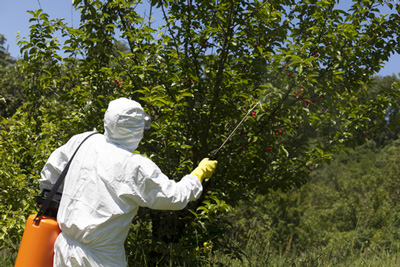Aldi Süd bans 8 pesticides from fruit and veg produced for their markets
- Like
- Digg
- Del
- Tumblr
- VKontakte
- Buffer
- Love This
- Odnoklassniki
- Meneame
- Blogger
- Amazon
- Yahoo Mail
- Gmail
- AOL
- Newsvine
- HackerNews
- Evernote
- MySpace
- Mail.ru
- Viadeo
- Line
- Comments
- Yummly
- SMS
- Viber
- Telegram
- Subscribe
- Skype
- Facebook Messenger
- Kakao
- LiveJournal
- Yammer
- Edgar
- Fintel
- Mix
- Instapaper
- Copy Link
Posted: 5 February 2016 | Victoria White | No comments yet
Aldi Süd is the first big retailer in Europe to ban eight bee-harming pesticides from domestic fruits and vegetables produced for their markets…


Aldi Süd is the first big retailer in Europe to ban eight bee-harming pesticides from domestic fruits and vegetables produced for their markets.


The German company made it a requirement on January 1 for its suppliers to phase out the pesticides most harmful to bees, including some of the group of neonicotinoids, it said in a letter to Greenpeace Germany. The environmental organisation urges supermarkets to phase out hazardous pesticides in fruit and vegetable production and to support farmers to switch to ecological practices.
Christiane Huxdorff, Ecological Farming Campaigner at Greenpeace Germany, said: “Aldi Süd shows that the toxic dependency on pesticides can be broken and in this sense becomes a pioneer in the retail sector. Other European supermarkets are now called upon to follow this first step.”
The eight chemical pesticides to be phased out by Aldi Süd are thiamethoxam (used in lettuce and endive), chlorpyrifos, clothianidin (used in kohlrabi, herbs, Brussels sprouts, head cabbage, cauliflower and kale), cypermethrin (leek, head cabbage and leguminous vegetables), deltamethrin (cauliflower, peppers, eggplant, zucchini, cucumber, pea, head cabbage, tomato and lettuce), fipronil (only exceptional authorizations for potato fields), imidacloprid (applied to apples, peaches, apricots and lettuce) and sulfoxaflor.
Chemical pesticides present from ‘field to plate’
Greenpeace tests in 2015 showed a widespread use of pesticides in fields and plantations, which also end up in food. Compliance with the minimum legal requirements is not enough, as interactions between different substances, for example, are not taken into account.
“Chemical pesticides are present from the field to our plate”, said Huxdorff. “Supermarkets are an important part of the supply chain and have to work on non-chemical solutions together with farmers. This move from a big market actor is also a sign for our politicians. European decision-makers must act now and not only convert the partial ban on three neonicotinoids and fipronil into a full one but broaden its scope to all pesticides threatening our bees.”





